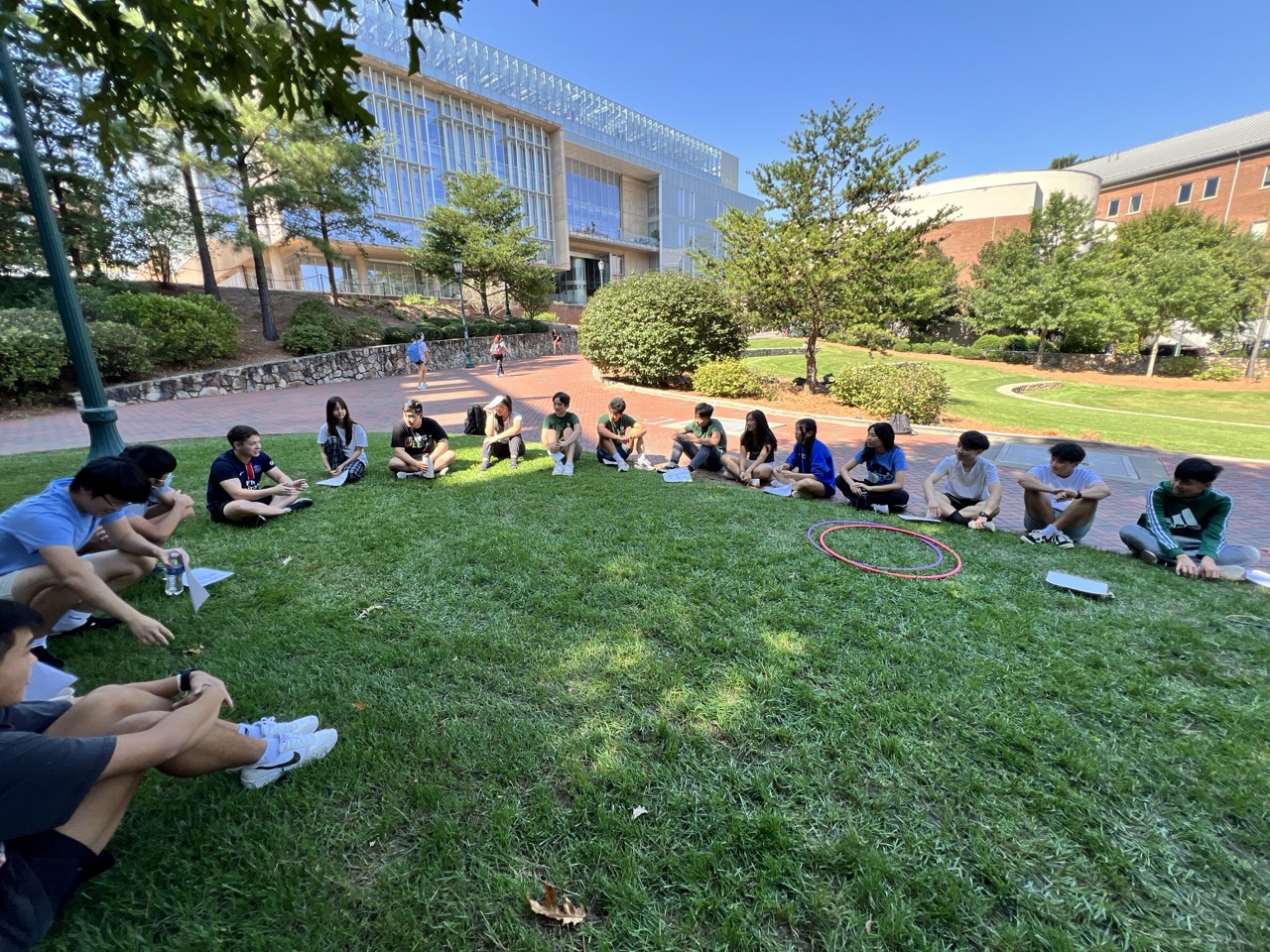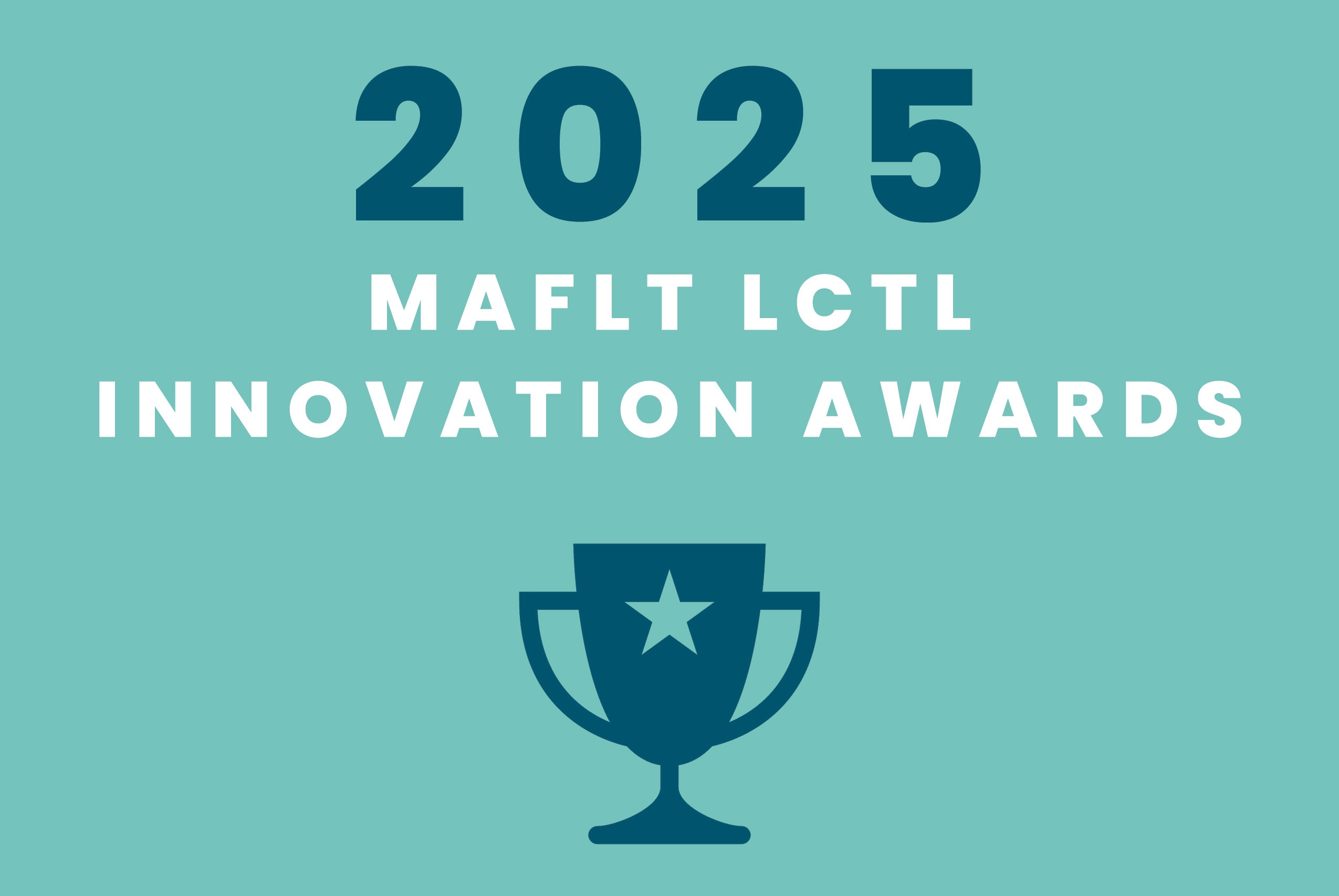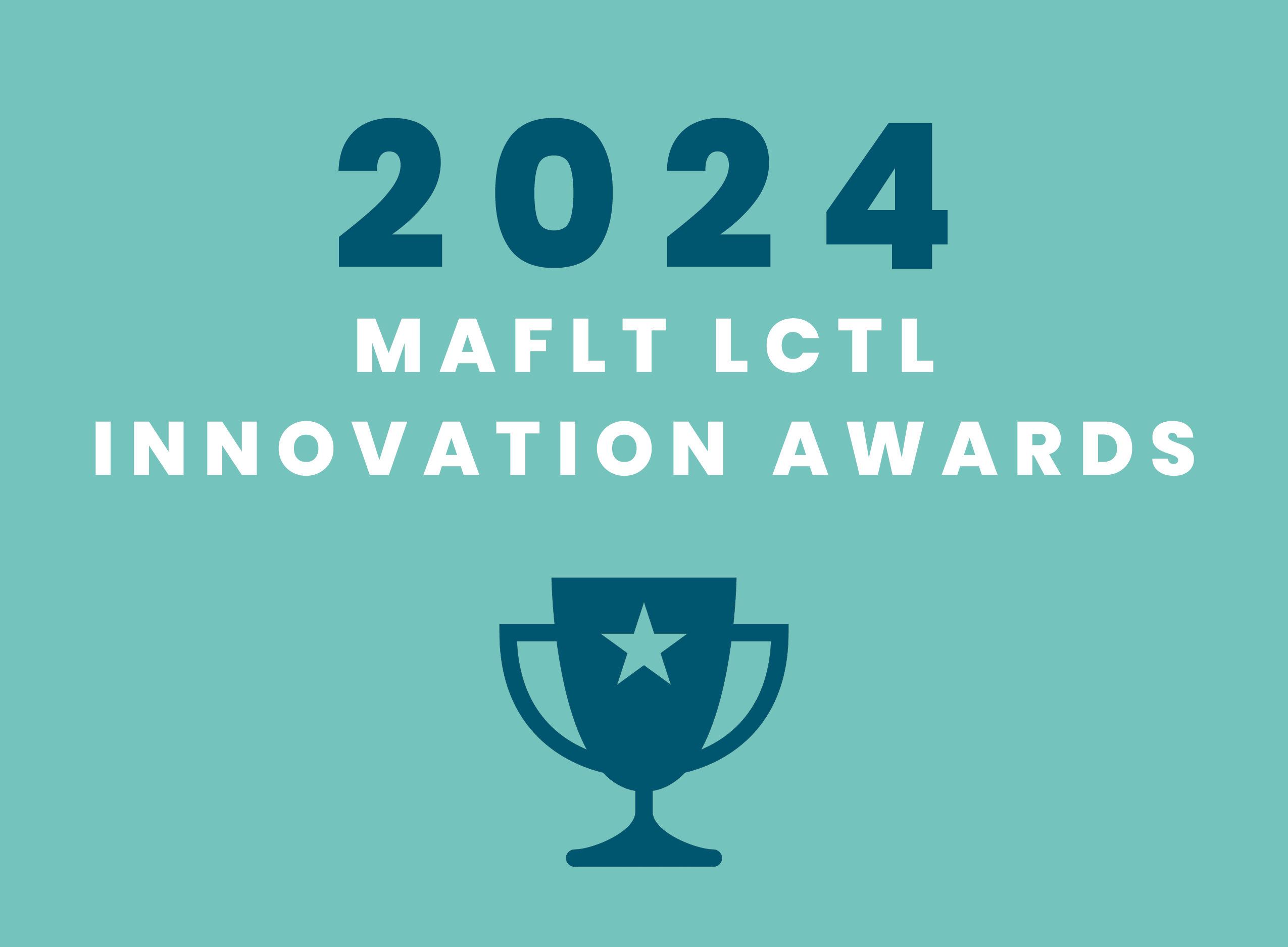Generative AI (GenAI) has rapidly evolved since the introduction of ChatGPT in 2022, revolutionizing how we interact with technology. From real-time audio conversations to advanced data analysis, GenAI continues to reshape industries—including education. For language teachers, these tools offer innovative ways to create lesson plans, generate texts, and provide interactive learning experiences. However, to harness their full potential, educators must develop AI literacy, learning how to craft effective prompts, critically evaluate AI tools, and integrate them into pedagogically sound teaching methods. As AI technology advances, staying informed and adaptable will be key to maximizing its benefits in education.










